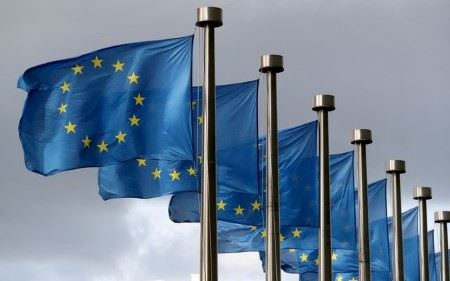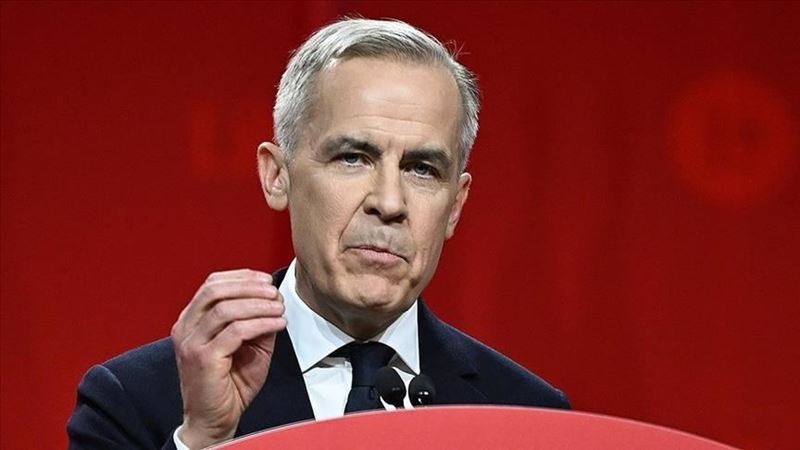The EU expects inflation to rise and growth to weaken.
While the European Union (EU) Commission lowered the economic growth expectation across the EU due to the increase in energy and commodity prices due to the Russia-Ukraine war, it increased the inflation expectation.
The EU Commission's "European Economic Forecasts 2022 Spring" report has been published.
In the report, it was predicted that the EU and Euro Zone economy would grow by 2.7 percent this year and 2.3 percent in 2023.
In the previous "Winter" report of the EU Commission, it was predicted that the EU economy would grow by 4 percent in 2022 and 2.8 percent in 2023. The growth of the Euro Zone in 2022 was determined as 4 percent, and for 2023 as 2.7 percent.
With the last report, the growth expectations of the EU and Euro Zone for this year and 2023 were revised downwards.
The European Commission increased its inflation expectation for the Euro Zone from 3.5 percent to 6.1 percent for 2022, and from 1.7 percent to 2.7 percent for 2023. The inflation forecast for the EU was increased from 3.9 percent to 6.8 percent for 2022, and from 1.9 percent to 3.2 percent for 2023.
Inflation revised upwards
Thus, the EU Commission's inflation expectations for the EU and the Euro Zone were updated upwards for this year and 2023.
It was noted that core inflation in the EU and Euro Zone will also hover above 3 percent this year and next year.
In the report, this year, Germany will grow by 1.6 percent, France by 3.1 percent, Italy by 2.4 percent, and Spain by 4 percent, inflation is 6.5 percent in Germany and 6.5 percent in France this year. It was predicted that it would be 4.9 percent, 5.9 percent in Italy and 6.3 percent in Spain.
Pointing out that the uncertainty and risks depend on the development of the Russia-Ukraine war, the report noted that the war created new challenges at a time when the economic effects of the epidemic began to emerge.
In the report, it was stated that the war put more upward pressure on commodity prices and caused supply cuts, which increased the pressure on growth.
In the report, which pointed out that the impact of the war on energy markets caused risks to economic activity and inflation forecast, possible disruptions in energy supply, worse-than-expected problems in supply chains, additional increases in commodity prices, especially food, excluding energy, had a downward effect on growth and an upward trend on prices. reported to cause pressure.
In the report, it was predicted that the Turkish economy would grow by 2 percent in 2022 and 3 percent in 2023, and that the inflation would be 63.1 percent this year and 54.1 percent in 2023.









Comments
No comment yet.